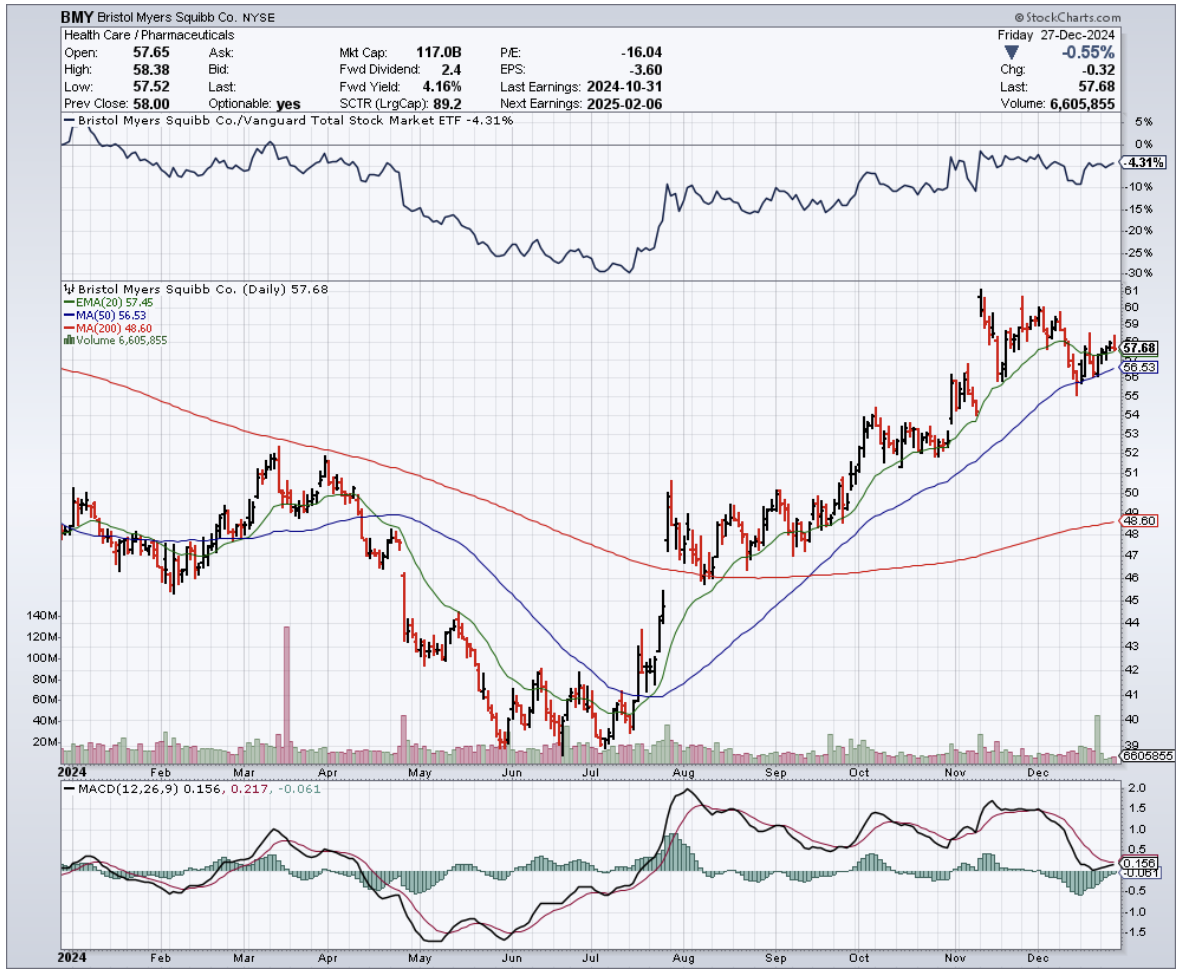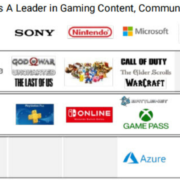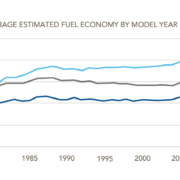Sometimes Wall Street Gets It Wrong
Sitting in my stateroom aboard the Coral Princess, about 200 miles off Mexico's west coast, I found myself chuckling at the market's reaction to Bristol-Myers Squibb’s (BMY) latest developments. Sometimes Wall Street reminds me of my old physics professor - brilliant but occasionally missing the forest for the quantum trees.
Here's what caught my attention: BMY's stock has outperformed the broader market by +15% since July, yet still trades at a measly 7.91x forward P/E while its sector peers strut around at 20.53x. It's like finding a Ferrari in a used car lot, priced like a Corolla.
The cynics, of course, point to the patent cliff. "What about Eliquis in 2026? Opdivo in 2028?" they ask, wringing their hands. But that's exactly where it gets interesting.
Just earlier this month, BMY announced FDA approval for Opdivo Qvantig - their new subcutaneous version that cuts treatment time from 30 minutes to 5 minutes. If you've ever spent time in cancer treatment centers like I have, you know those 25 minutes make a world of difference.
BMY's commercial team expects this version to capture 75% of Opdivo's business, with 30-40% of patients switching from IV. That's not just convenience - it's strategic patent life extension.
Speaking of strategy, let's talk about their growth portfolio, which has quietly expanded 20% year-over-year and now represents 48.7% of their business.
Remember when Apple (AAPL) transformed from computers to mobile devices? BMY is pulling a similar pivot, just without the flashy keynotes.
Take their $14 billion Karuna acquisition. Their newly approved schizophrenia treatment, Cobenfy, targets a market projected to hit $15.23 billion by 2034. The timing here is masterful - monetization starts in early 2025, well before the patent cliffs hit.
Meanwhile, they're cleaning up their balance sheet faster than a neat freak with a new vacuum. They've already slashed $4.31 billion in debt this year, with plans to cut $10 billion by 2026.
Their free cash flow has grown to $13.8B, up 18.1% sequentially. At this rate, they'll have plenty of dry powder for more strategic moves.
But here's what really makes me scratch my head: while everyone's fixated on the patent cliff, BMY has quietly added 8 new oncology registrational trials in the past year. Their oncology trio - Opdivo, Yervoy, and Opdualag - is growing at 7.6% year-over-year.
Sure, Merck's (MRK) Keytruda is the 800-pound gorilla with $25 billion in sales, but BMY's playing a different game - diversification with shots on goal across multiple therapeutic areas.
Now, I'm not suggesting you back up the truck tomorrow morning. The stock might see some pressure after the January 3, 2025 ex-dividend date, possibly testing support at $51 or even $48. But with a 4.45% dividend yield and a valuation at half its historical average, patient investors might find this an interesting entry point.
Speaking of timing - Wall Street's greatest fortunes were made by investors who saw value where others saw problems. Right now, most analysts are staring at BMY's patent cliff like deer in headlights.
Meanwhile, I'm seeing a company with a 4.45% dividend yield, a growth portfolio expanding at 20% annually, and a valuation that's practically begging to double.
As I wrap this up from somewhere off the Mexican coast (where I'm supposedly on vacation but can't help analyzing stocks between rounds of Monopoly), I'm reminded of something I learned in my decades of trading: The crowd is usually looking through the wrong end of the telescope.
While they're zoomed in on 2026's patent expirations, they're missing the transformation happening right now in front of their eyes.
Maybe that's why I've averaged +50% returns for over a decade - I tend to look where others don't. BMY just might be one of those opportunities that makes next year's Christmas gift to my subscribers an even bigger winner than this year's +75.25% return.
Now, if you'll excuse me, my banjo needs tuning, and I have a Monopoly empire to build. But remember - in both board games and markets, the best players are always thinking three moves ahead. BMY's management certainly is.



